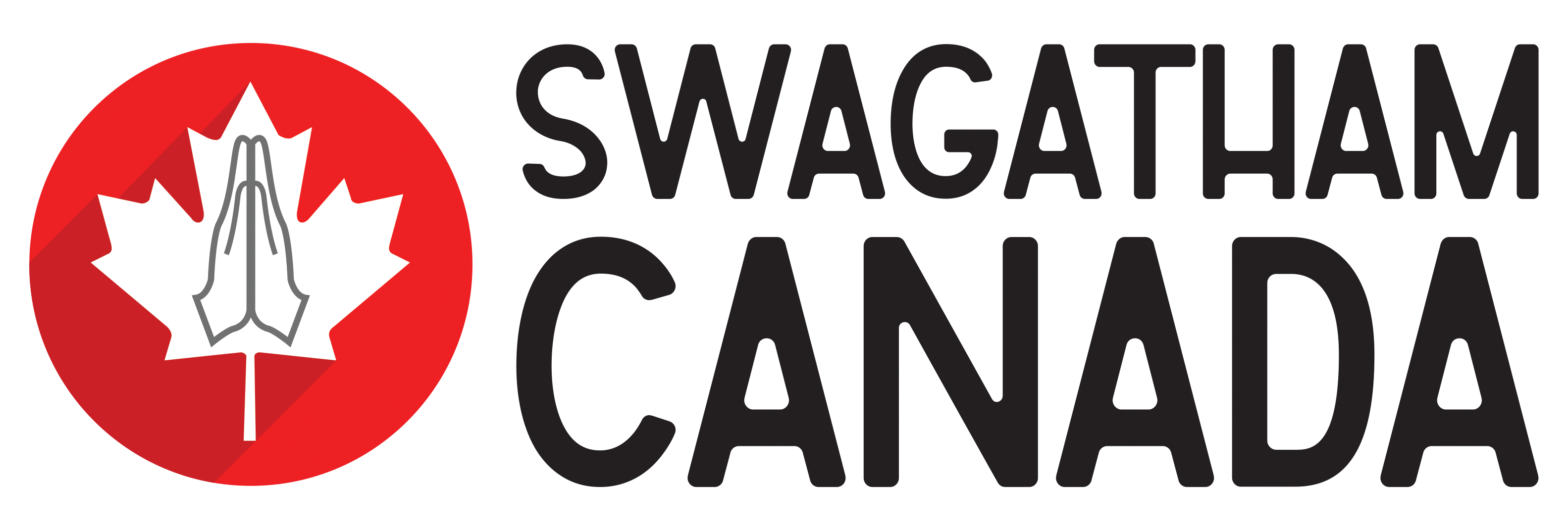The Greater Toronto Area (GTA) housing market has been a topic of discussion and analysis in recent years. After experiencing rapid price growth and high demand, the market has undergone significant changes in response to economic and policy factors. As we enter June 2023, there are many questions about the future of the Toronto housing market. Will prices continue to decline? Will demand rebound or remain subdued? In this comprehensive report, we will delve into the latest trends and data from the GTA housing market and provide a forecast for the coming months.
Overview of the GTA Housing Market
The GTA housing market showed signs of improvement in May 2023, particularly in terms of sales. However, the supply of homes for sale has not been able to keep up with the growing demand for ownership housing. Sales as a share of new listings were significantly higher compared to the previous year. This indicates a rise in competition among buyers and has led to a surge in average selling prices.
According to the Toronto Regional Real Estate Board (TRREB), there were 9,012 sales recorded through TRREB’s MLS® System in May 2023, representing a 24.7% increase compared to May 2022. This surge in sales activity reflects renewed buyer confidence and increased market activity. However, new listings were down by 18.7% over the same period, exacerbating the supply-demand imbalance in the market.
Housing Supply Challenges
Despite positive policy direction in recent years, the issue of housing supply remains a significant challenge in the GTA. A recent poll conducted by Ipsos found that residents of the City of Toronto gave the Council a failing grade on housing affordability, with the lack of supply cited as a major issue. This problem extends beyond Toronto and persists throughout the Greater Golden Horseshoe region. Failure to address the housing supply shortage could hinder the economic development of the region as people and businesses seek more affordable housing elsewhere.
TRREB President Paul Baron emphasized the urgency of addressing the housing supply issue, stating that the failure to keep up with population growth could have detrimental effects on the region’s economic prosperity. It is crucial for governments and policymakers to prioritize the development of housing supply to meet the growing needs of the population and ensure the long-term sustainability of the GTA housing market.
Increased Demand for Ownership Housing
Despite higher borrowing costs, the demand for ownership housing has seen a significant resurgence in recent months. Many homebuyers have adjusted their housing needs in response to these costs and are re-entering the market. Strong rent growth and record population growth, driven by immigration, have also contributed to increased home sales.
However, the supply of listings has not kept pace with the surge in sales, resulting in upward pressure on selling prices during the spring. The imbalance between supply and demand has led to heightened competition among buyers, further driving up average selling prices.
Pricing Trends
The MLS® Home Price Index (HPI) composite benchmark declined by 6.9% year-over-year in May 2023. However, on a seasonally adjusted monthly basis compared to April 2023, the HPI increased by 3.2%. The average selling price for May 2023 stood at $1,196,101, representing a marginal decline of 1.2% compared to the same month in the previous year. On a seasonally adjusted monthly basis, the average selling price increased by 3.5% compared to April 2023.
While the overall average home sold price in the GTA experienced a 1.4% decrease compared to the previous year, specific property types displayed varied trends. Detached homes and semi-detached homes witnessed average sold price increases of 4.5% and 5.5%, respectively, within a month. Freehold townhouses also demonstrated a noteworthy 2.2% increase in average sold price within the same period. However, condo apartments experienced a 2.9% decrease in average sold price compared to the previous year.
Regional Comparison
When comparing different regions within the GTA, there are notable variations in average home prices and price trends. The City of Toronto experienced a surge in average home prices, with a 24% increase compared to the previous year, bringing the average home price to $1,152,424 in June 2023. However, there was a 3% decrease in average home prices compared to the previous month.
Brampton, with an average home price of $1,113,948, saw a 5% year-over-year increase in prices, surpassing Mississauga’s average home price of $1,112,531, which had a 2% year-over-year price increase. While Mississauga experienced a 2% monthly decrease in prices, Brampton continued to see price growth, rising 0.25% from the previous month.
York Region, including Markham, Vaughan, and Richmond Hill, saw a 2% month-over-month increase in home prices, reaching $1,391,215. Halton Region, which includes Burlington, Oakville, and Milton, also experienced a 2% month-over-month increase in home prices, reaching $1,294,251. In Durham Region, Oshawa’s housing market saw a slight 0.1% decrease in prices month-over-month, with an average price of $854,822.
Outlook for the Toronto Housing Market
Looking ahead, the Toronto housing market is expected to continue its recovery and positive momentum. The increase in total transactions by 19.7% compared to the previous month indicates growing buyer activity and a potentially more balanced market. While the average home price in Toronto is currently 1% lower compared to the previous year, recent positive changes suggest that the market is heading towards recovery.
Detached homes, which have historically been in high demand, showed a 4.5% increase in average sold price within a month and a 0.5% increase compared to the previous year. Semi-detached homes also experienced a month-over-month increase of 5.5% in average sold price, though there was a slight 0.6% decrease compared to the previous year. Freehold townhouses demonstrated steady growth with a 2.2% increase in average sold price within a month and an impressive 5.1% increase over the course of a year. However, condo apartments witnessed a 2.9% decrease in average sold price compared to the previous year, despite a 3.4% increase within a month.
Buyers and sellers should closely monitor market trends and consult with real estate professionals to make informed decisions. As always, it’s essential to stay updated on the latest forecasts and indicators to navigate the Toronto housing market successfully.
The GTA housing market has shown promising signs of improvement, particularly in terms of sales. However, the lack of housing supply remains a pressing issue that needs to be addressed. The imbalance between supply and demand has led to increased competition among buyers and a surge in average selling prices. By prioritizing the development of housing supply, the GTA can ensure the long-term sustainability and affordability of its housing market.
For more Real Estate related articles, please visit Real Estate section of Swagatham Canada








